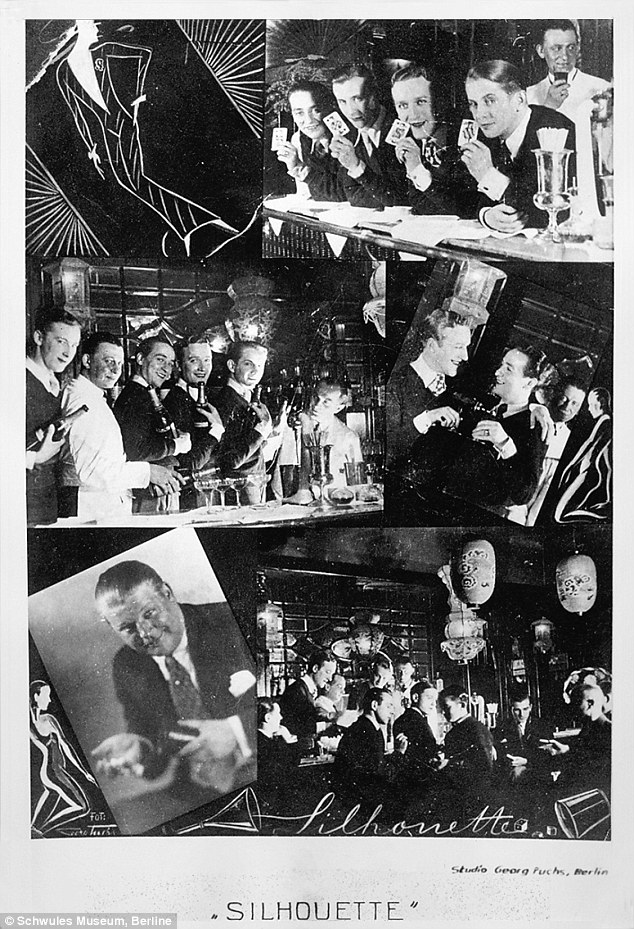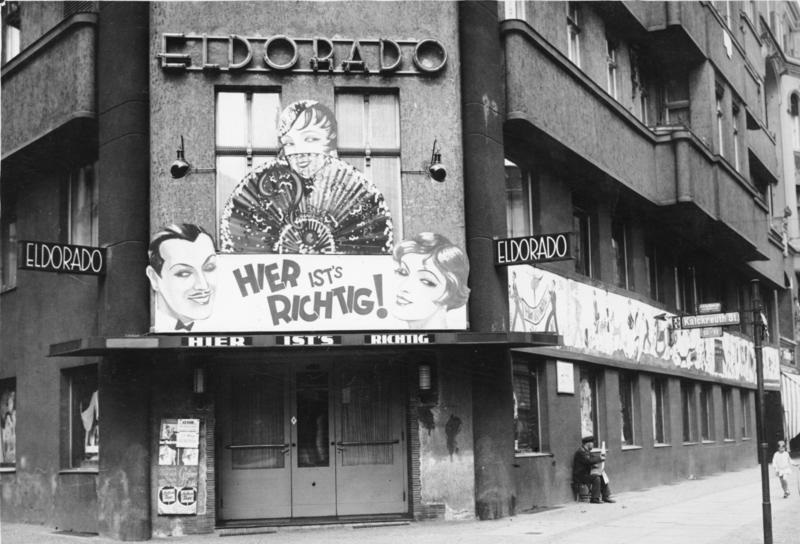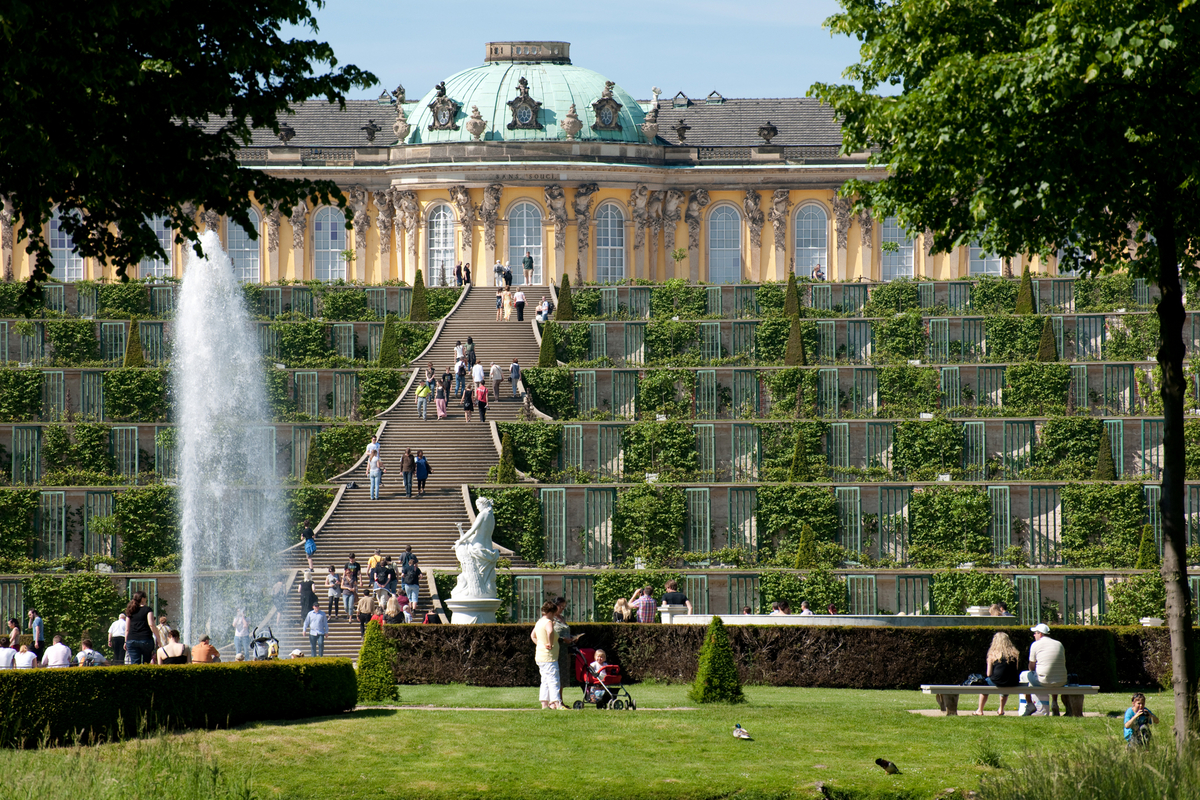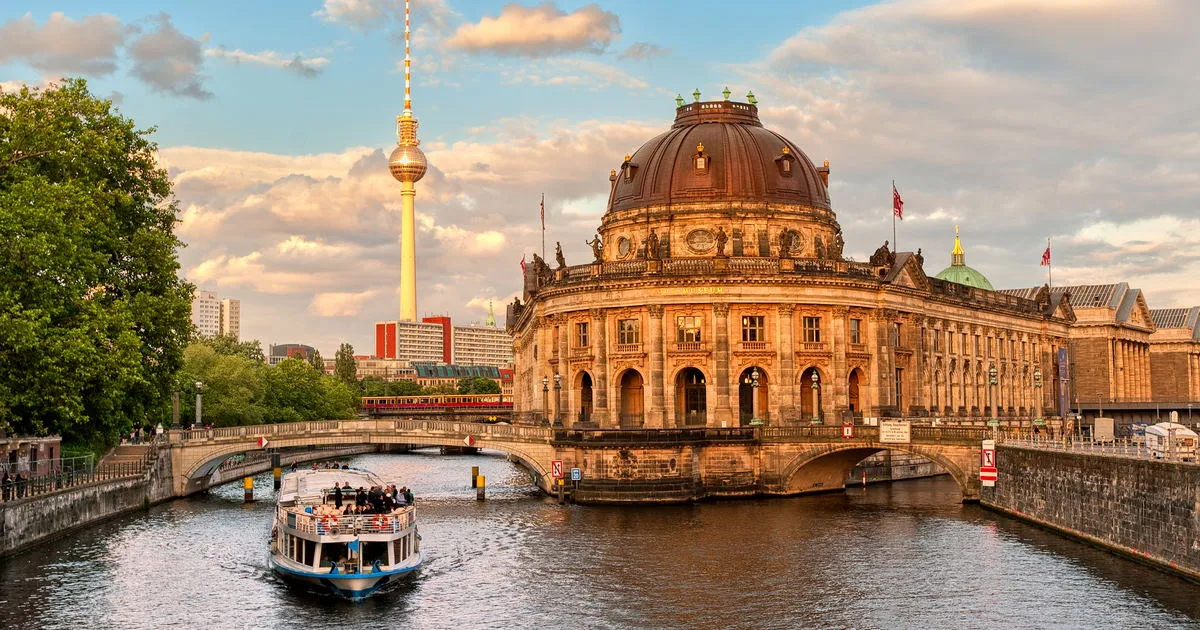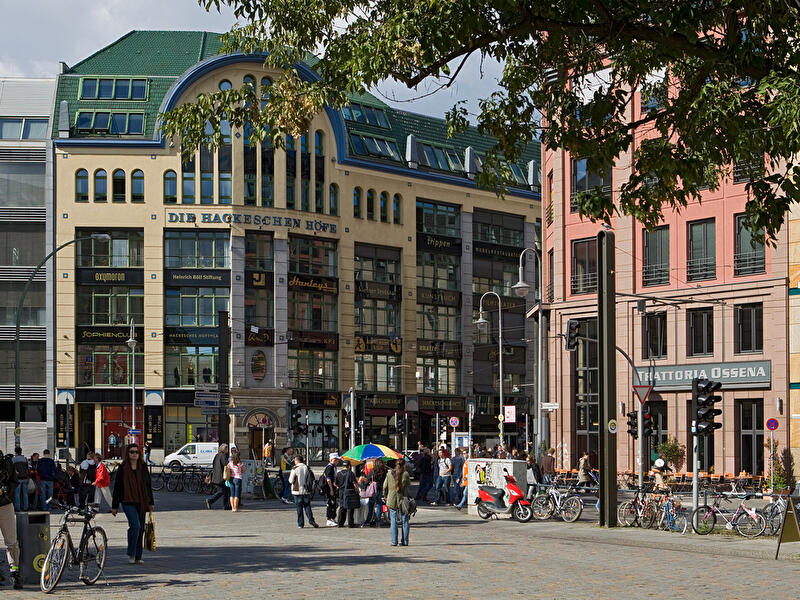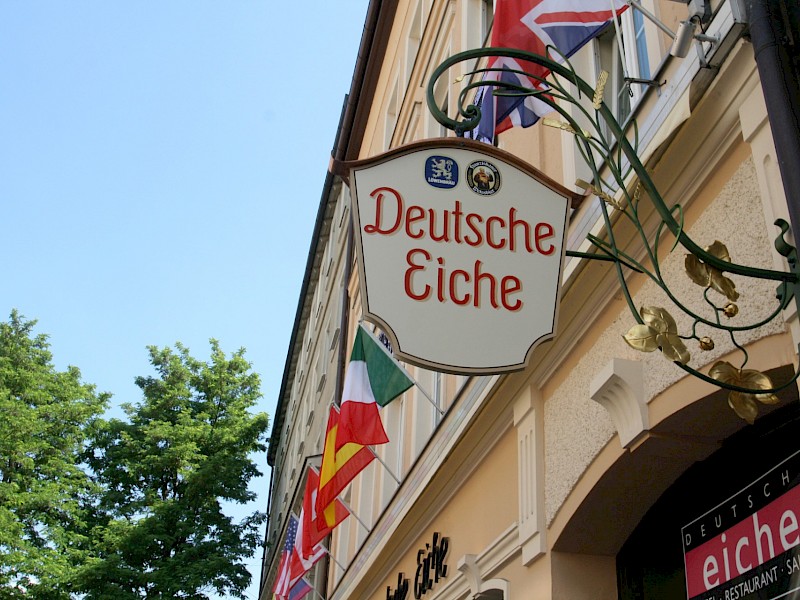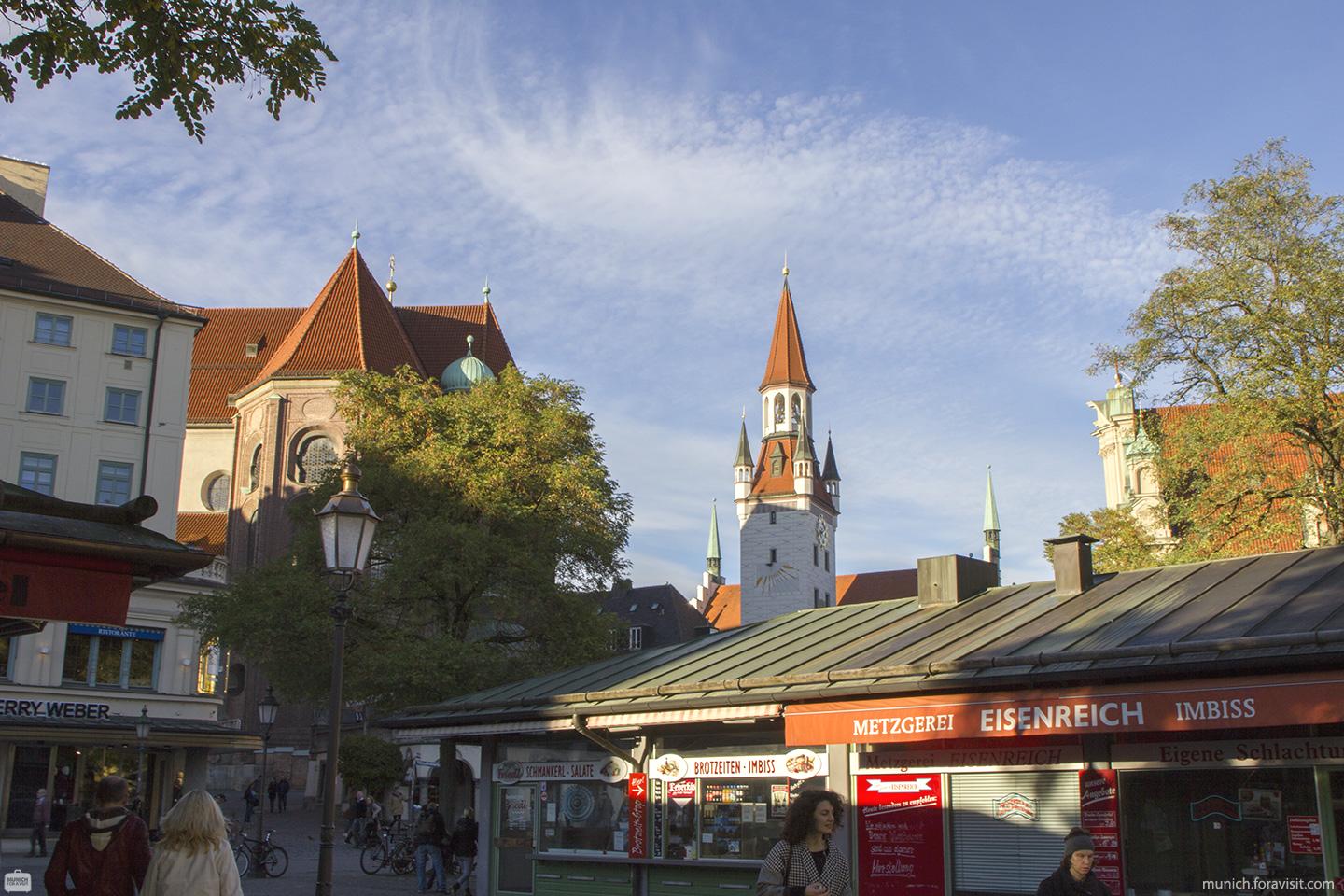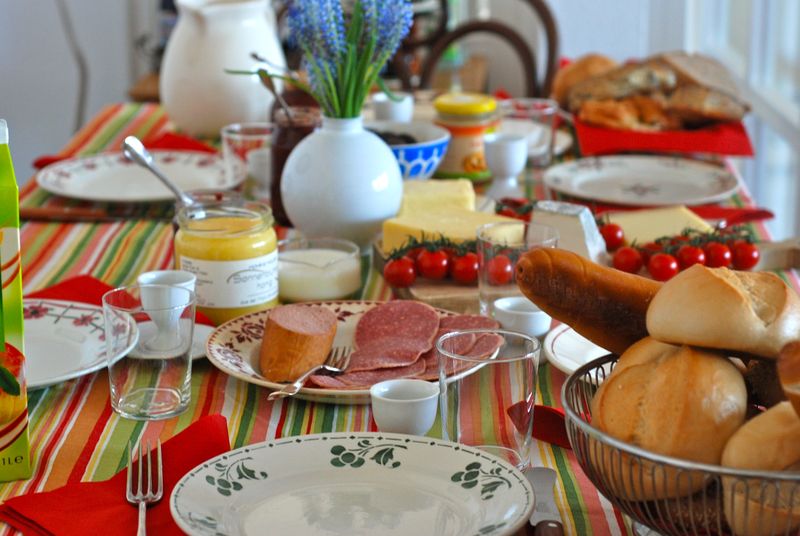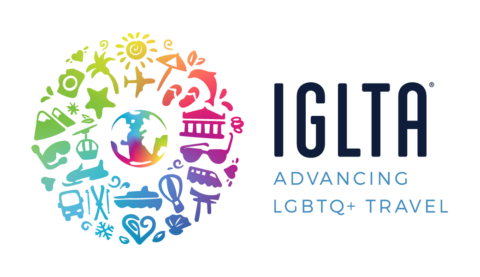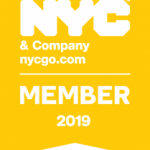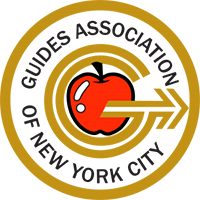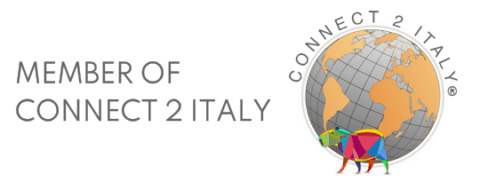About This Tour
LGBTQ+ Germany, from Mad Ludwig to Marlene Dietrich and Beyond. October 9-19, 2024
Day 1. On our first afternoon, we meet our fabulous gay Berlin guide and take a walking tour through the center of the city (which is right out our hotel door) to get our bearings, both spatially and historically.
The Nazi period and the years of the divided city loom large, inescapable reminders of Germany’s troubled past: the famous Reichstag that saw the rise of Hitler; the Alexanderplatz, with its Soviet-era TV tower that is still Germany’s tallest structure and remains a symbol of the city; and such key sites as the Bebelplatz, where the Nazis held their most famous book burning, on May 6, 1933—including, in the pyre, 20,000 books and journals from Magnus Hirschfeld’s Institut für Sexualwissenschaft (Institute for Sexual Science), the world’s first center for LGBTQ+ studies.
Fortunately, though, there’s another side to Berlin, one that is in fact uplifting. Despite its horrifying cataclysms, the city has retained its own charm and vitality, and it’s important to remember that Berlin in the Weimar Republic was the city that Hitler hated, because of its tolerance and diversity. And, fortunately, in the end it was that Berlin which ultimately won!
After the tour, we gather for a welcome meal together, to start to get to know German cooking, and our new friends!
Day 2. This morning, we move out into the city and take a walking tour of Berlin’s main gayborhood (in the Weimar years and today!) Schöneberg, with author Brendan Nash, who has given several lectures about Berlin’s LGBTQ+ history in our Zooming Through Queer History online series.
A particular theme of our walk will be Christopher Isherwood’s stay in the area, where he wrote his Berlin Stories—the basis for the musical and film Cabaret—and the bars he and his friends frequented. We will also learn about the childhood of another great LGBTQ+ (and anti-Nazi) Berliner, Marlene Dietrich, who was born in the neighborhood.
We have lunch at one of Schöneberg’s main gay cafés, known for its bric-à-brac and erotic art collection.
After lunch, we cross the street to Berlin’s original gay bookstore, where we will enjoy a lecture (arranged for us but open to the public) on Berlin’s central role in trans history by Dr Finn Ballard, also known to fans of our online lecture series. Evening free.
Day 3. Time for a trip into the country! We spend today on an excursion to the charming nearby city of Potsdam, famous for the Potsdam Conference, the bridge of spies, and baroque palaces and gardens.
We will see the palace where the Conference took place and cross the famous bridge, but our main purpose will be to visit the park and palace of Sanssouci, generally known as Germany’s Versailles and the favorite palace of Frederick the Great.
Frederick was Prussia’s great Enlightenment monarch, the early architect of Germany’s rise to world power, and almost certainly gay (as was his clearly gay aide, Baron von Steuben, who trained the American Revolutionary Army). Lunch will be in the beer garden at Sanssouci’s original farm—a tad touristy, but a great place to experience traditional German food. We then return to Berlin for a free evening and whatever R&R suits you.
Day 4. We spend this morning in Berlin’s amazing “museum island” (also very close to our hotel). These museums contain some of the most astonishing sites of any museum anywhere—such as ancient Babylon’s Gates of Ishtar. There is also (as is always true with Oscar Wilde Tours) material for a whole “gay secrets” tour, including everything from stunning Greek vases (one of them depicting a gay orgy!) to homoerotic German art of the 19thcentury. We end the morning with a visit to the roof deck of the recently reconstructed Hohenzollern city palace, with really great views out over the city. This afternoon and evening are free, for visiting more museums, shopping, or exploring Berlin’s many hip neighborhoods, chic restaurants, and the LGBTQ+ nightlife of the city were LGBTQ+ nightlife was born.
Day 5. Today we explore the darkest side of German history–but with a ray of hope. In the morning, we go to the frightening museum (right by the old Berlin Wall) called The Topography of Terror, which charts the Nazi period, including the persecution of homosexuals. We return to the center and have some free time for lunch in the old Hackescher Markt market area. After lunch, Professor Lear will guide us on a walking tour through pre-war Berlin’s main Jewish neighborhood, which became the Nazi ghetto, where over 50,000 Berlin Jews were gathered before being shipped out to concentration camps. There will be an uplifting side to this afternoon as well, however, as Professor Lear will weave into it the story of 2 gay Jewish teenagers who led the city’s largest resistance group in WWII—about whom he is currently making a movie! One last free evening to explore Berlin’s lively culinary and cultural offerings.
Day 6. Train to Munich (4-5 hours). After we arrive and check in, Professor Lear will lead us on a quick orientation tour and take us to a traditional Bavarian meal at a place we will get to know well in the next few days, the Deutsche Eiche, Central Europe’s largest gay bathhouse—set in a pub with a remarkable history, including Hitler (oy!)—but also Linda Ronstadt, Freddy Mercury, and more.
Day 7. Today we start our day back at the Deutsche Eiche, where we will enjoy a lecture about the city’s LGBTQ+ history—mad King Ludwig, Thomas Mann, the Nazis, Freddie Mercury, and more—and tour the facility before the bathhouse gets busy. We end our visit on the roofdeck, with one of the great views of Munich.
After time off for lunch in Munich’s great, historic marketplace, the Viktualienmarkt, we set off for the first half of of our two-part Munich walking tour, covering the center, with its churches, palaces, and markets. Our tour ends at the city’s manicured central park, the englischer Garten (English Garden)—where you may get a look at Germans’ love of nudism. Evening free to explore Munich’s lively restaurant scene.
Day 8. This morning we complete our Munich walking tour with a visit to the city’s royal palace (the palace of the family that ruled Bavaria until Bismarck united Germany, and which gave us both Mad Ludwig and his cousin Empress “Sisi” of Austria, one of history’s great gay icons). After the Residenz, we have lunch at the Residenz’s original brewery—Munich’s famous Hofbräuhaus. This afternoon and evening are free for you to explore Munich’s fabulous museums, great shopping, and lively restaurant scene.

castle
Day 9. Today we go off into the country and to fantasyland, to visit two of the fabulous palaces built by King Ludwig II, “Mad Ludwig,” Bavaria’s gay (though probably chaste) 19th century monarch—the patron of Wagner, with whom he was clearly in love (though we doubt that “anything happened”).
In the morning, we visit Linderhof, Ludwig’s version of Versailles, where he enacted his fantasy of being an absolute monarch. We stop for lunch and a bit of shopping in the lovely village of Oberammergau, famous for its passion play, and then proceed to Neuschwanstein, Ludwig’s medieval-Wagnerian fantasy—which inspired another fantasy castle, Disney’s Sleeping Beauty’s Castle (as will be obvious when you see it). We then return to Munich for a free evening.
Day 10. This morning we look into the heart of darkness on a visit to the concentration camp at Dachau, the original model for the concentration camp system. We learn about the horrors of the Nazi period, and in particular about the persecution of gays—one of whom served as the model for the memorial to Dachau’s prisoners.
As in Berlin, however, we move in the afternoon to something at least a bit more hopeful: we dedicate this afternoon to the White Rose, an astonishingly brave group of students who distributed anti-Nazi literature in the heart of the regime, until they were caught and executed. Public attention tends to focus on the one girl in the group, Sophie Scholl, rather than on her equally wonderful, and gay, brother Hans, who founded the group. We will pay them both attention as we tour the White Rose foundation, the university (including the atrium where they were caught) and the Justizpalast (palace of justice) where their show trial was held. This evening, we gather fora a farewell dinner, to raise a glass to the two great (and very gay) cities we have explored and also undoubtedly to a group of new friends!
Day 11. Our tour ends with breakfast this morning, but please let us know if you need help with further travel plans. Join us for our LGBTQ+ history and art tour of Japan: Samurai, Kabuki, Manga, and More (Oct 27-Nov 5)!

